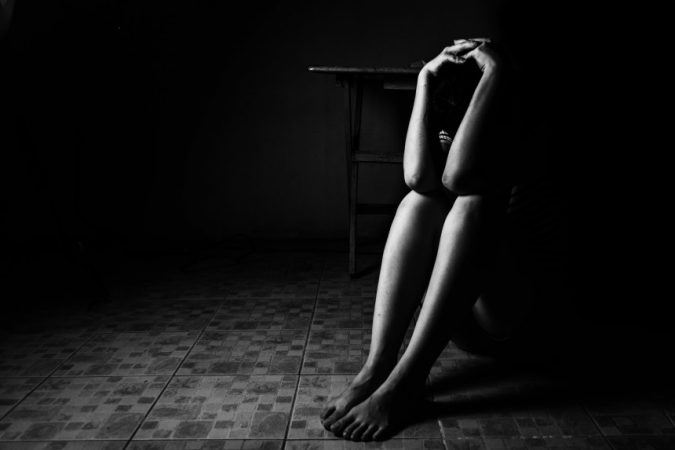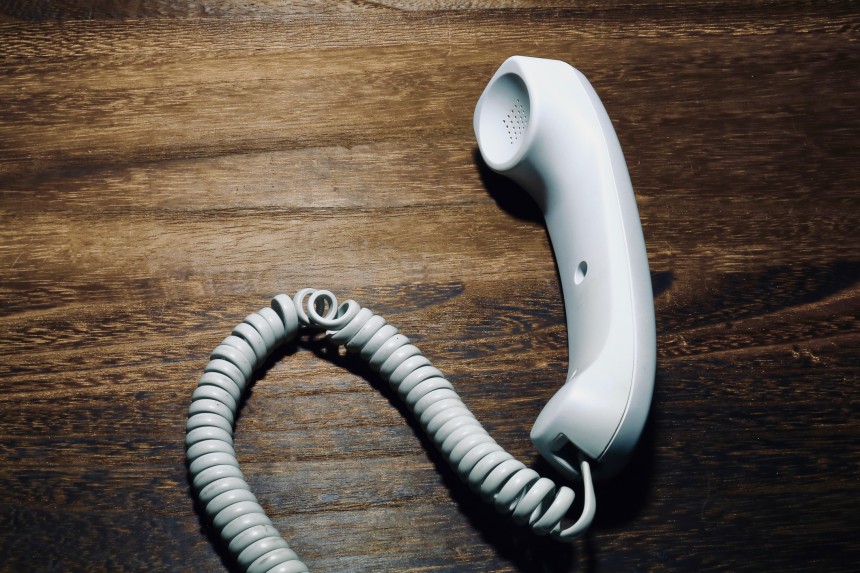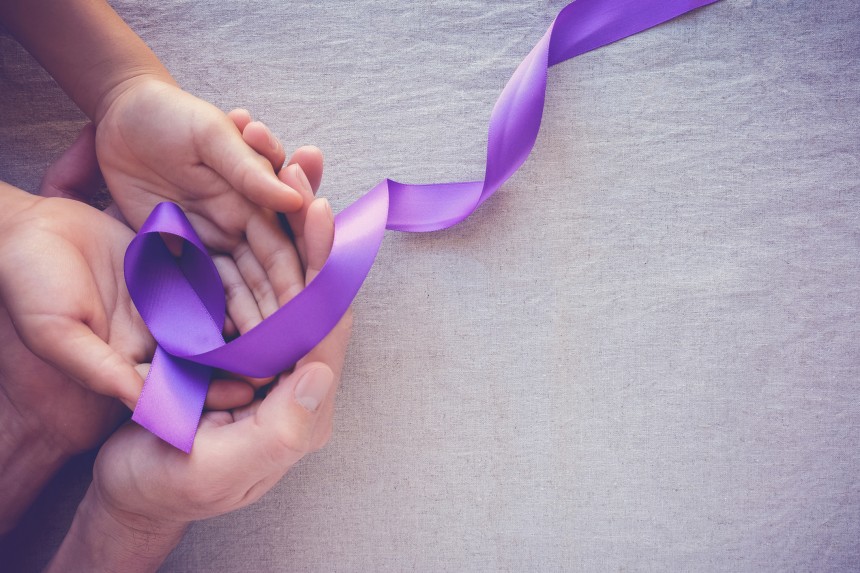
May 4, 2020
Domestic Violence in Japan and the Coronavirus Pandemic
When staying at home isn’t safe for everyone
By Rei Ando
Important note: The government has responded to concerns of domestic violence amidst the coronavirus pandemic by creating DV Soudan+. The hotline is now available in 10 different languages.
The coronavirus pandemic has had a huge impact across the globe. In Japan, the government has been reacting by promising residents cash-handouts and urging people to stay at home, with the aim to reduce contact between others by at least 80 percent. However, the government is also beginning to address another issue that is becoming more apparent as the pandemic continues — the issue of domestic violence.
There is growing concern that cases of domestic violence have been increasing worldwide as abusers and victims are forced to stay home to prevent the spread of infection. In a report published by the United Nations, the phenomenon is referred to as the “Shadow Pandemic,”and reinforces the correlation between the COVID-19 outbreak and surge of violence against women and girls, mainly through domestic violence. Unfortunately, the onset of these trends is already taking place in Japan.
Domestic violence on the rise for 16 years
The number of cases of domestic violence in Japan has been on the rise even prior to the pandemic. There has been an ongoing trend in the increasing number of reported cases of domestic violence for 16 consecutive years, of which 2019 saw an all-time high. In addition, child abuse in Japan has also been becoming more prevalent since 2014, with 1,149 cases reported in 2018.

Stress and pressure leading to violence
Vickie Skorji, lifeline director at TELL Japan, shares the concern that stress evoked by the pandemic can increase the likelihood of outburst in violence.
“In times of disaster, we are all placed under extra stress, which in turn puts extra pressure on relationships that are already strained or vulnerable. The more stressors on the individuals the greater the stress on the relationship. Perhaps one or both parties have lost their job, they may have children or have to work at home; hence we are seeing an increase in divorces at the moment. When it comes to COVID-19, people are being asked to stay at home giving couples who are stressed no release or place to escape each other. For those in abusive relationships, this makes them very vulnerable and even more isolated. If drinking is one of the partners coping mechanisms, things can get out of control quickly.”
The effects of this can already be seen in recent weeks, with cases such as Japanese actor Makoto Sakamoto being arrested for assaulting his wife and mother-in-law.
As this pandemic involves a novel virus, it remains unclear as to how long the situation will last, and when a vaccine will be discovered. Skorji indicates that this could be very dangerous: “The longer we are in this situation, the greater the stress and the greater the risk for these individuals.”
Plea to the government
The NPO All Japan Women’s Shelter Network aims to provide assistance to survivors of domestic violence, including children. In a letter to the government in late March, representative Chisato Kitanaka detailed requests to provide support for victims during the current situation. Kitanaka made a plea to the government asking it not to close domestic violence consultation services, and to assure those relying on these services that they will be able to get immediate temporary protection if they feel their lives are being threatened.
Another key aspect is financial assistance for survivors, as they may fail to be recognized in benefit schemes and other forms of financial aid. Especially in single-parent households that are economically struggling, the benefits introduced by the government may not apply if they failed to transfer their residence cards when they fled from their abusive homes; hence Kitanaka highlights the need for flexibility and consideration of these circumstances.

“It’s already happening”
The coronavirus preventive measures have seen the closing of consultation centers, leaving those who are experiencing domestic violence in more despair. As more abusers are staying at home, they are able to gain stronger control over their spouses and children, and has led to a spike in consultations in child welfare centers. These young people also have nowhere to escape, as establishments such as net cafes have been closed following the governmental calls to shut down non-essential businesses in the midst of the outbreak. The letter shared voices from those currently struggling with an increase in domestic violence due to the effects of the coronavirus.
One woman shares her experience, “ My husband became a home-based worker and my children were out of school, so my husband became stressed and began to physically assault the children and me.”
Another victim shared the difficulties of getting support due to fear of being infected by the virus, “I would like to discuss this with you not only by phone but also in person-to-person counseling, but I am so concerned about the impact of the novel coronavirus that I am too afraid to take the train and come to the counseling. Please introduce consultation on SNS.”
It can also become difficult to maintain communication with victims of abuse once their spouses or family members stay at home. The consultation center could lose contact with an individual and it fears that the abuse will only worsen if the victim is unable to reach out for help, especially is the abuser is able to gain full control.

Not just women and children
Domestic violence can often be seen as a gendered issue, considering women and children are statistically more likely to be subjected to violence by men. However, Skorji points out that domestic violence can occur in different forms and relationships.
“We often think of this as the man being the abuser, but it could be the woman, or mother with their child, an older child with their aging parent, in same-sex relationships and when one partner is foreign.”
Abuse can also take place in many forms, not only by physical violence. It can be emotional abuse through intimidation and verbal insults, or sexual abuse when one is forced to participate in unwanted sexual acts. Regardless of the type, abuse can happen to anybody and degrade one’s quality of life and health. Ultimately, no one deserves to be abused in any way. Violence and abuse cannot be justified no matter how stressful the circumstances may be — even during a global pandemic.

Important resources
If you are experiencing, or know of someone who is a victim of domestic violence and abuse, these references and services can help to provide assistance.
Make sure to share this article to help spread awareness, and to show your support in this time of need.
- DV Soudan+ is an NPO that aims to support domestic abuse victims, and provides services such as a hotline, professional consultation by experts, and also can provide shelter and financial assistance.
- TELL LifeLine: 03-5774-0992
- NPO Resilience (bilingual organization)
- House in Emergency Love and Peace (HELP) provides shelter and has English consultations available
- Tokyo Rape Crisis Center (Counseling service in Japanese)
- Tokyo Women’s Plaza (Japanese only)
- List of hotlines for victims of violence in Japan
Other useful articles:







